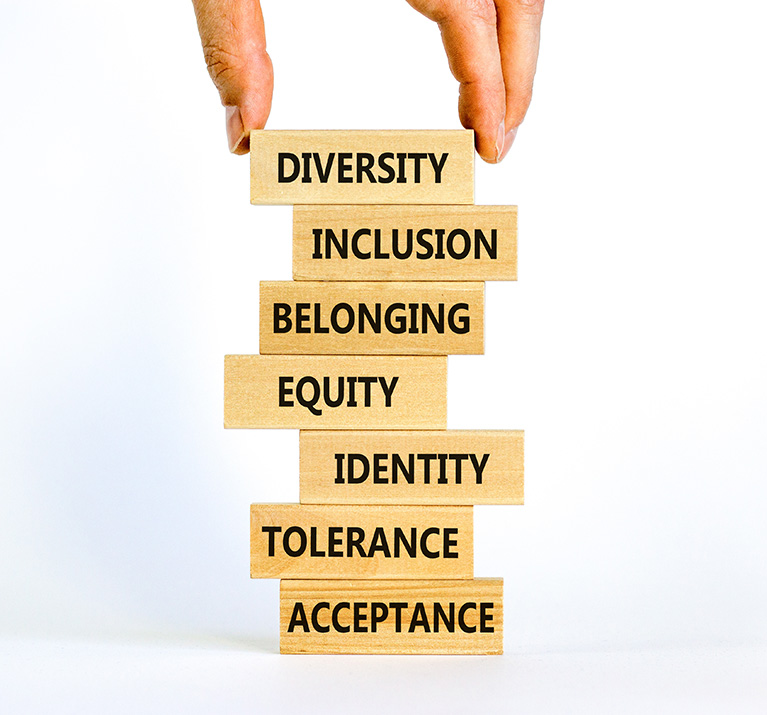Workplace discrimination is prohibited by Title VII of the Civil Rights Act of 1964. Notwithstanding this federal law, the underlying jurisprudence applying it, and its state and local analogues, fair and equitable treatment of employees remains elusive for many organizations. According to a 2019 Glassdoor survey, 61% of U.S. employees reported that they have witnessed or experienced workplace discrimination, and stark racial and gender disparities in professional advancement persist at every level in every major industry. Furthermore, evidence suggests that some of the most common interventions to promote diversity do not work as intended.
The 2020 murder of George Floyd and the ensuing public outcry jolted the nation—and the racial equity movement—in ways unseen in decades. As intolerance for inequities in policing and the workplace grew, corporations across the nation pledged their commitment to transform their hiring, promotion, and retention practices to foster inclusion for personnel at all levels.
This content has been archived. It is available through our partners, LexisNexis® and Bloomberg Law.
To view this content, please continue to their sites.
Not a Lexis Subscriber?
Subscribe Now
Not a Bloomberg Law Subscriber?
Subscribe Now
LexisNexis® and Bloomberg Law are third party online distributors of the broad collection of current and archived versions of ALM's legal news publications. LexisNexis® and Bloomberg Law customers are able to access and use ALM's content, including content from the National Law Journal, The American Lawyer, Legaltech News, The New York Law Journal, and Corporate Counsel, as well as other sources of legal information.
For questions call 1-877-256-2472 or contact us at [email protected]







